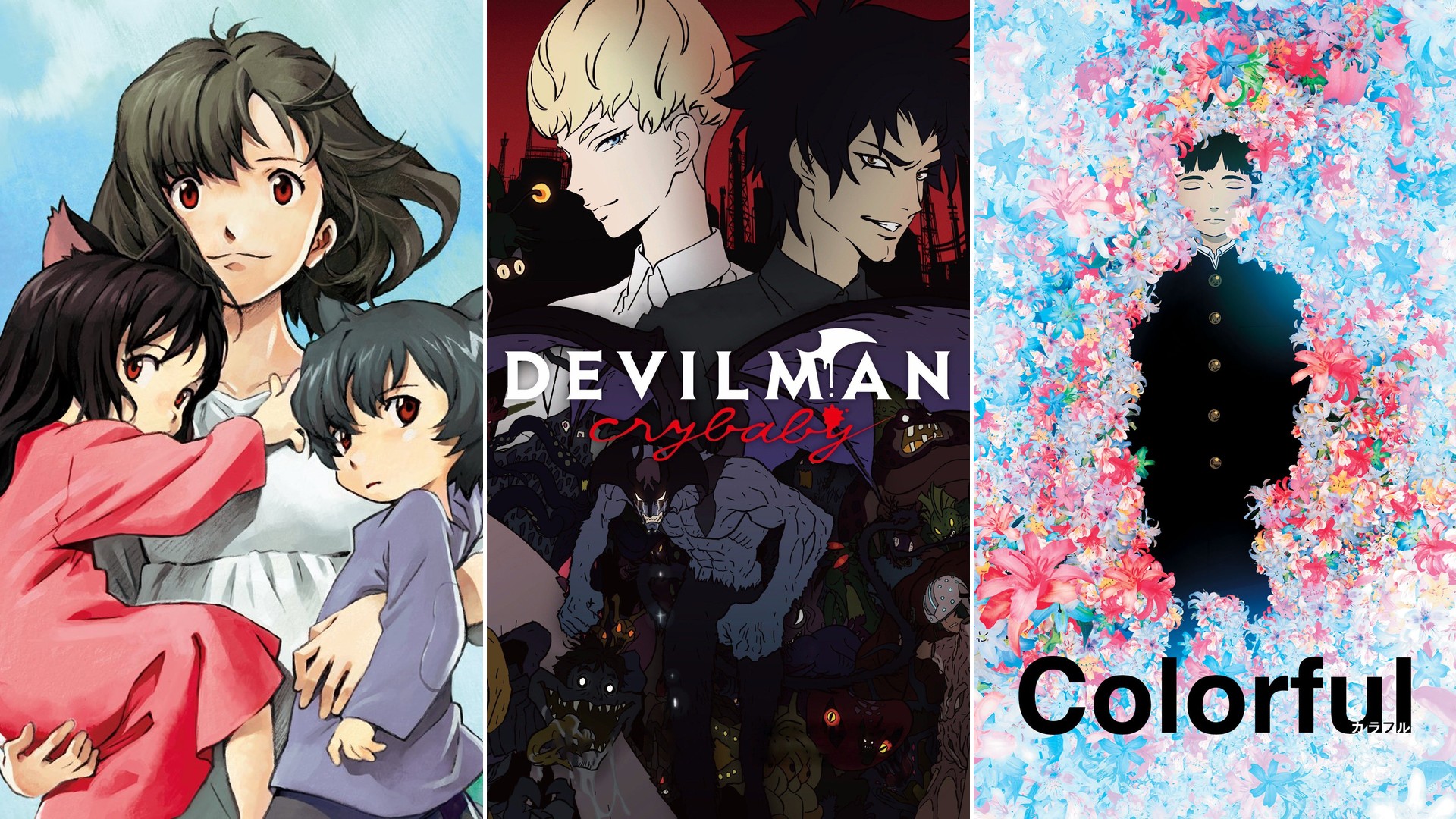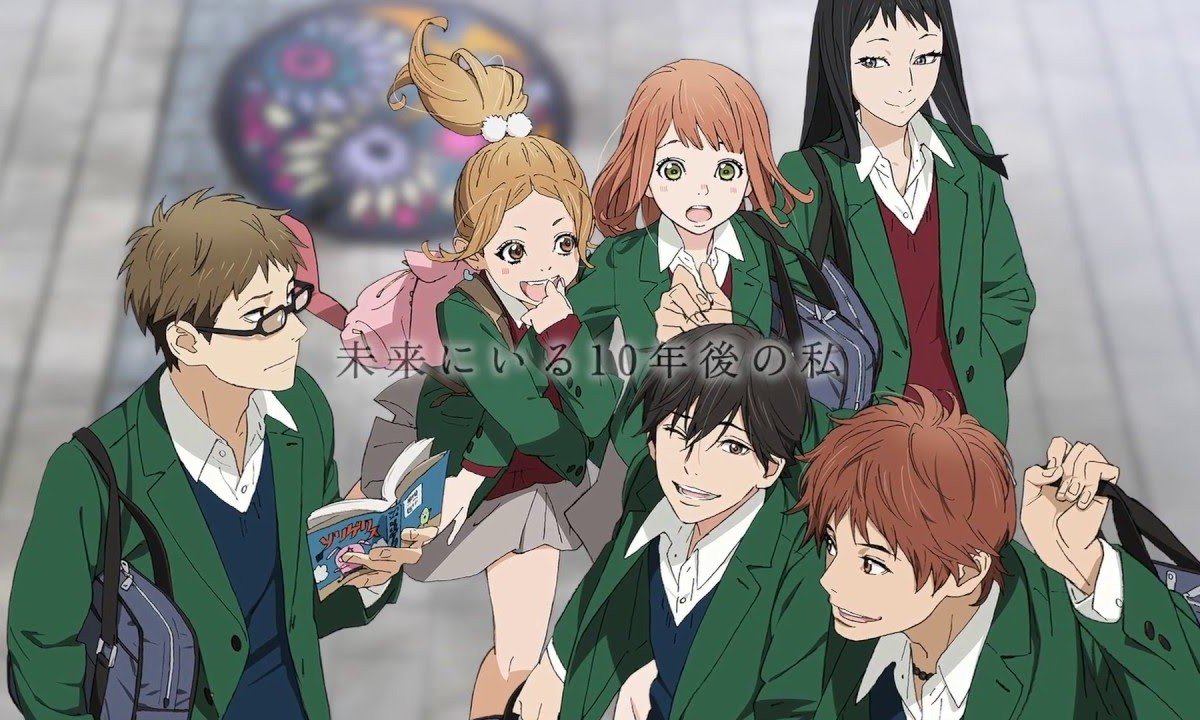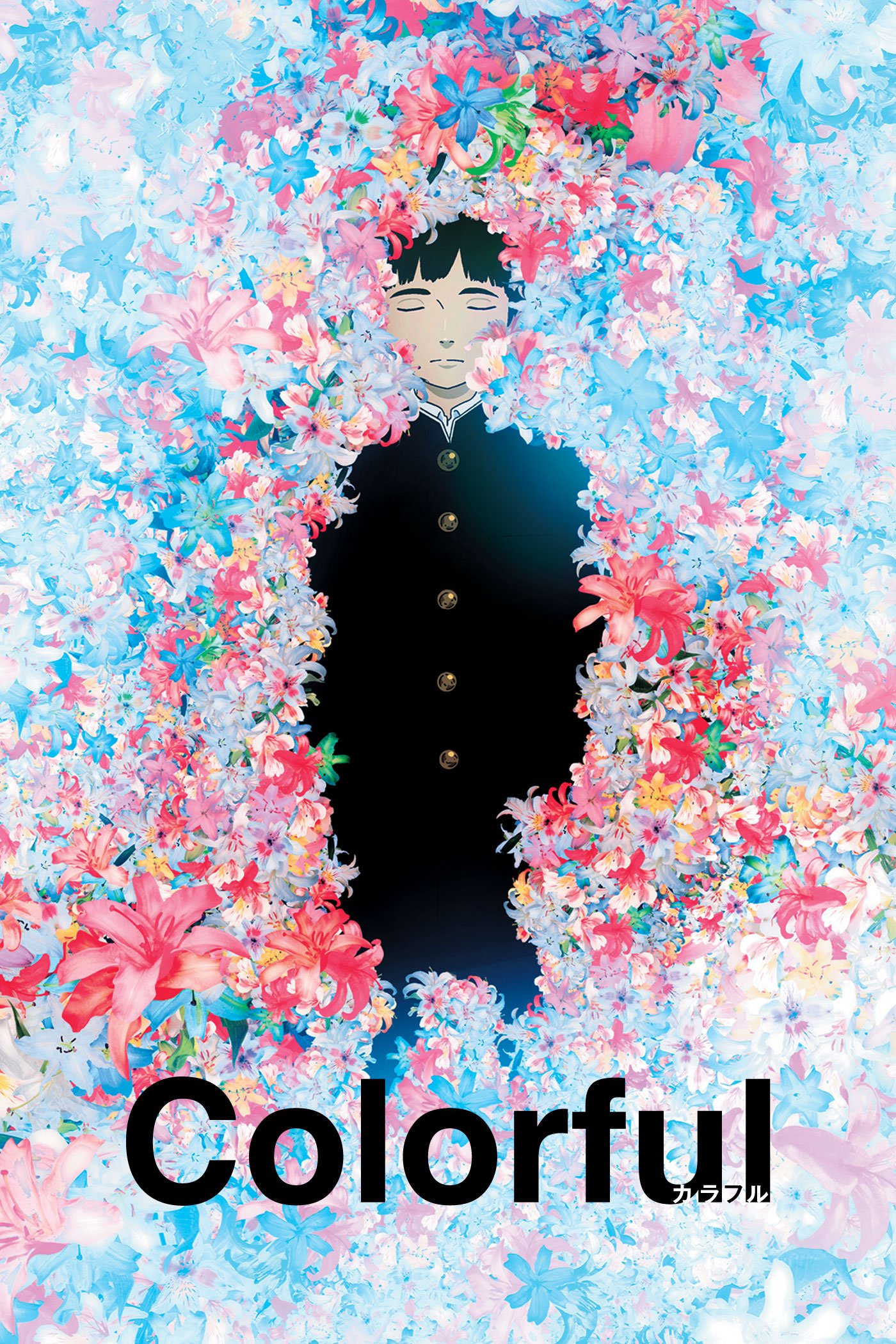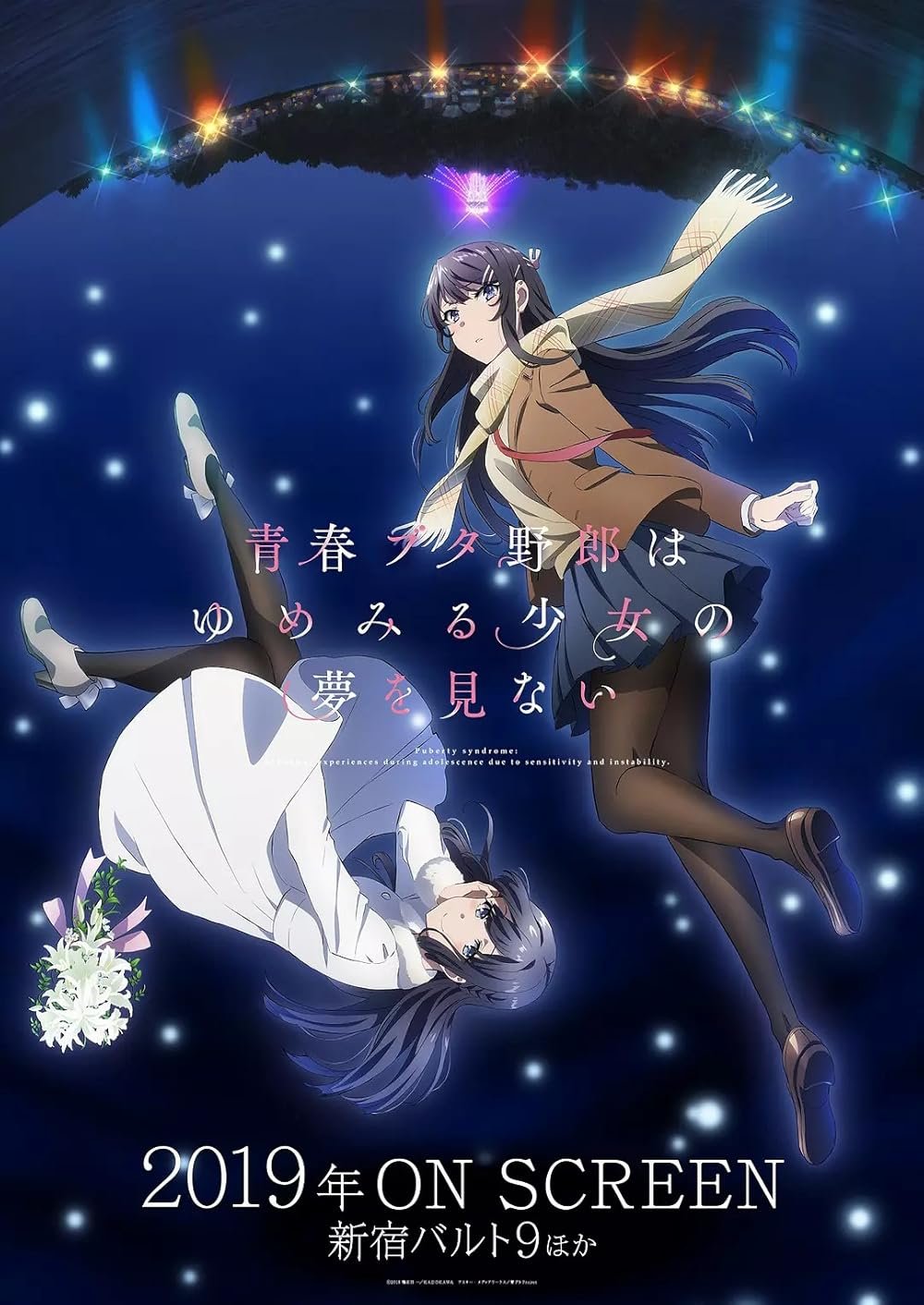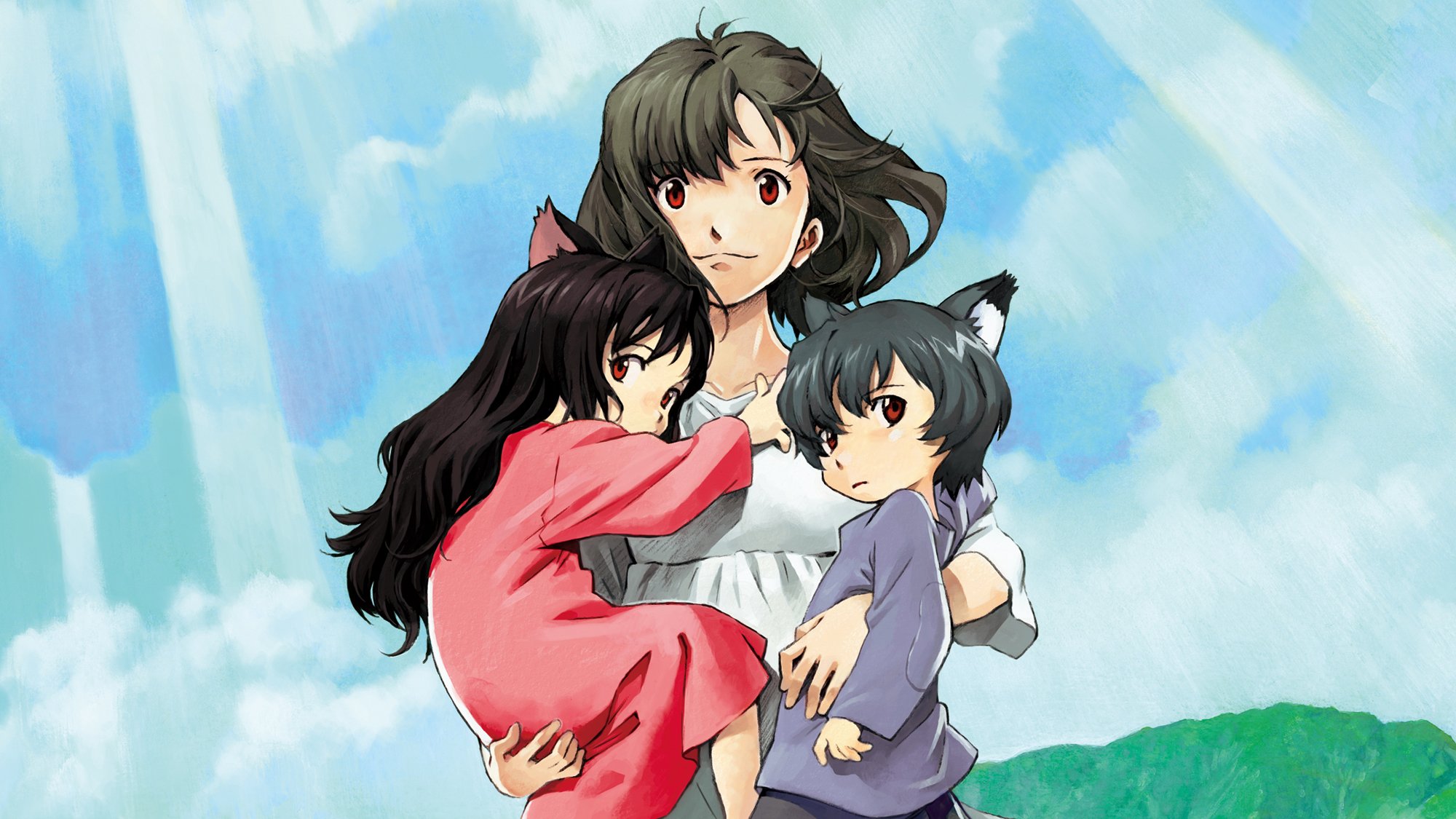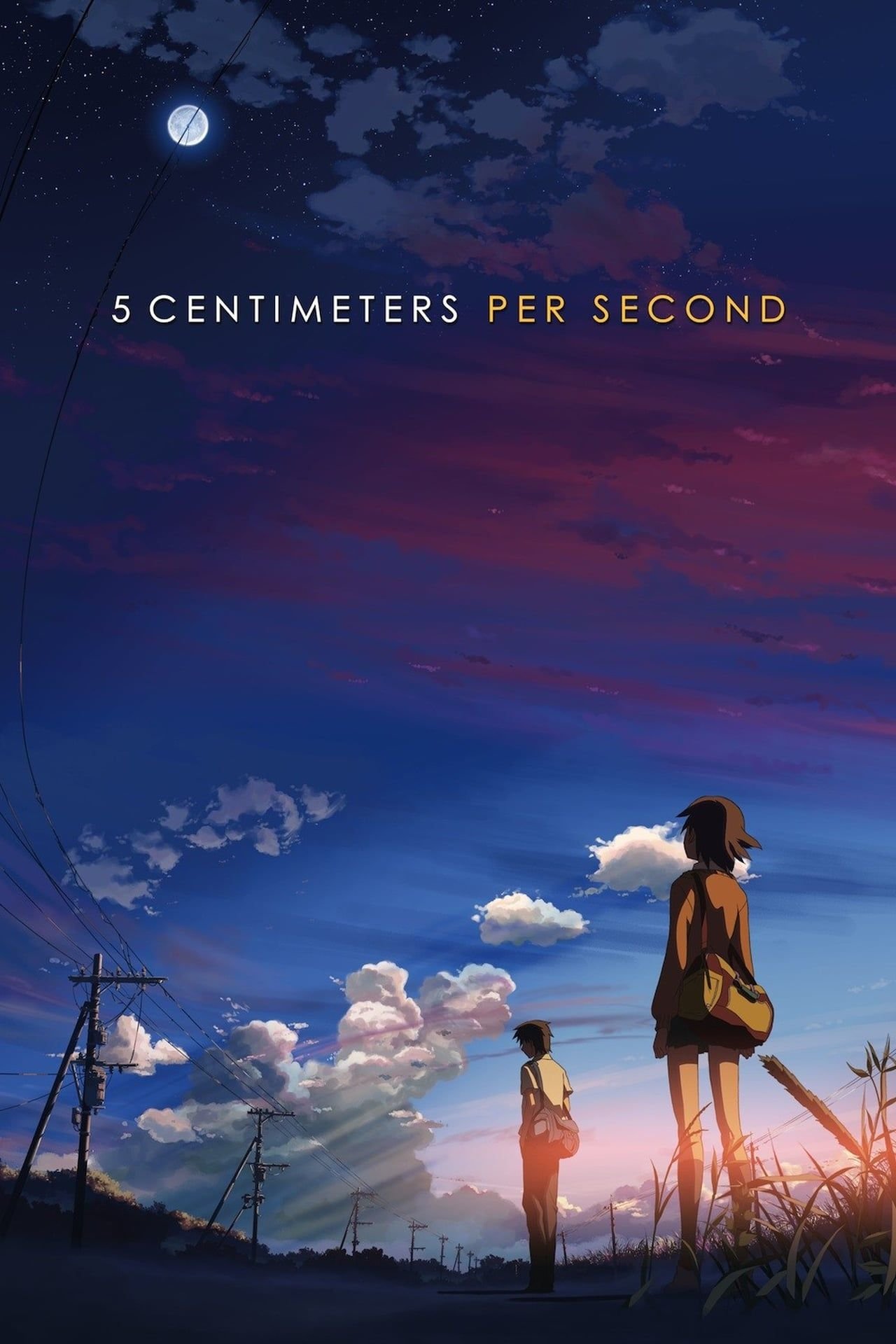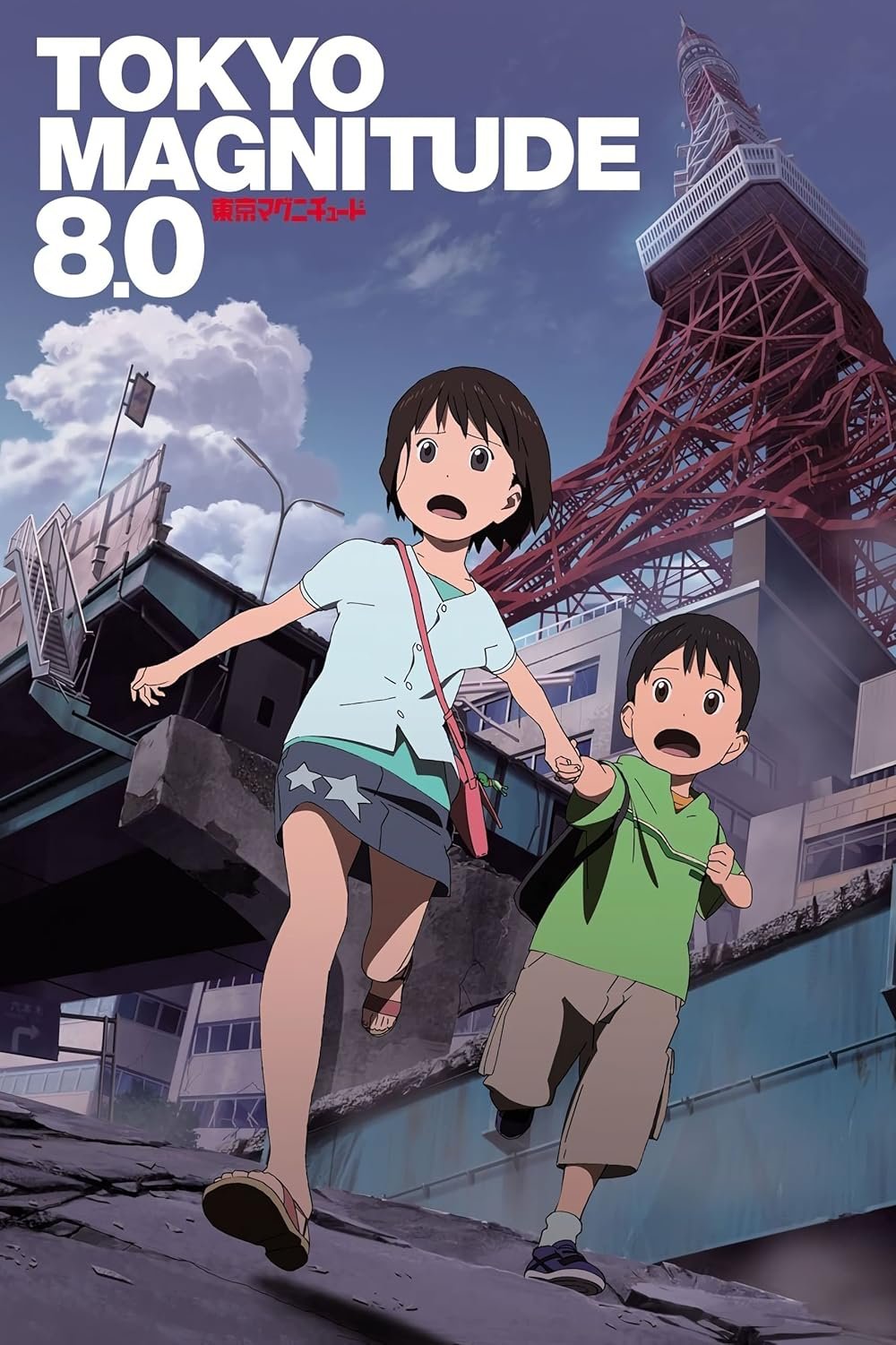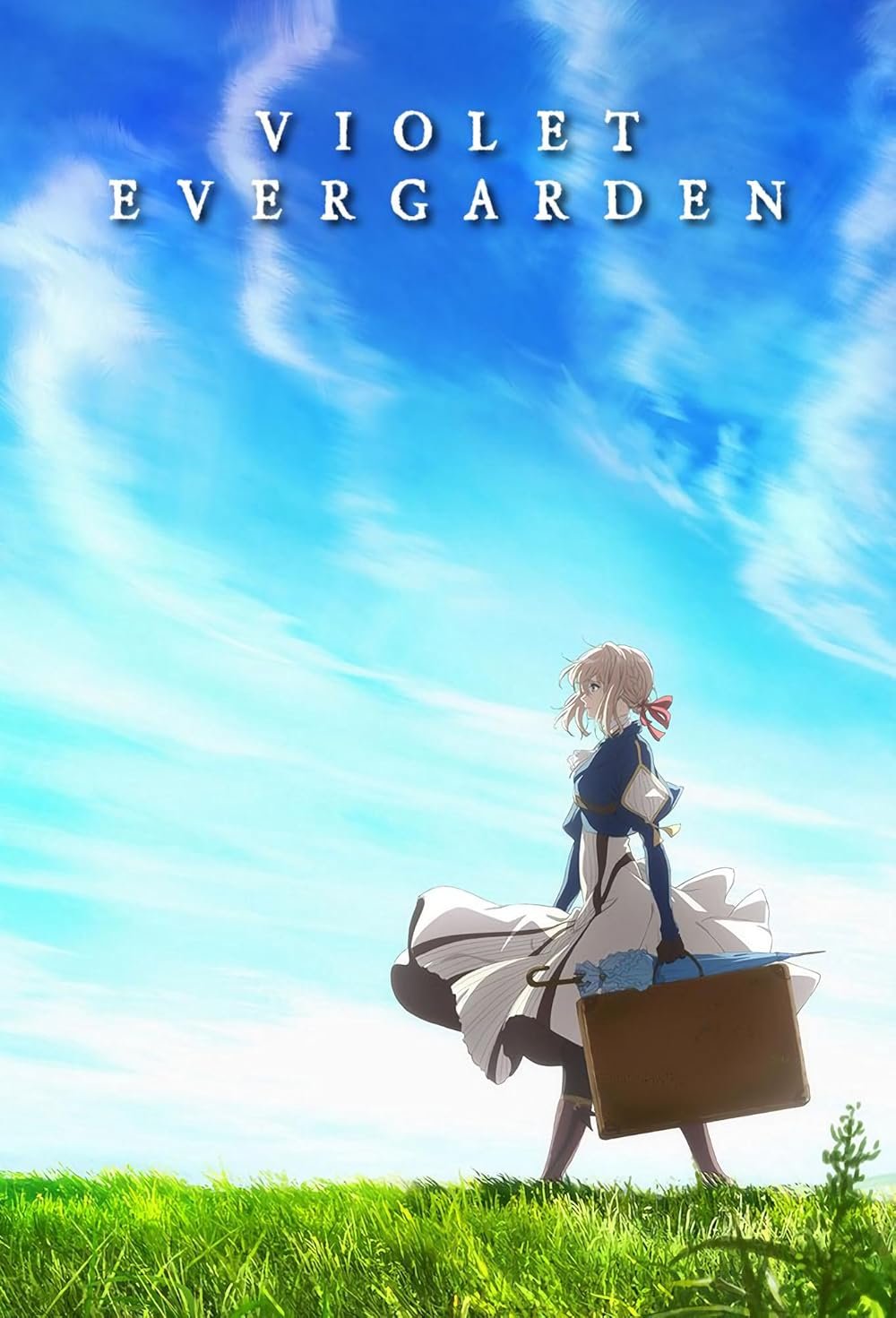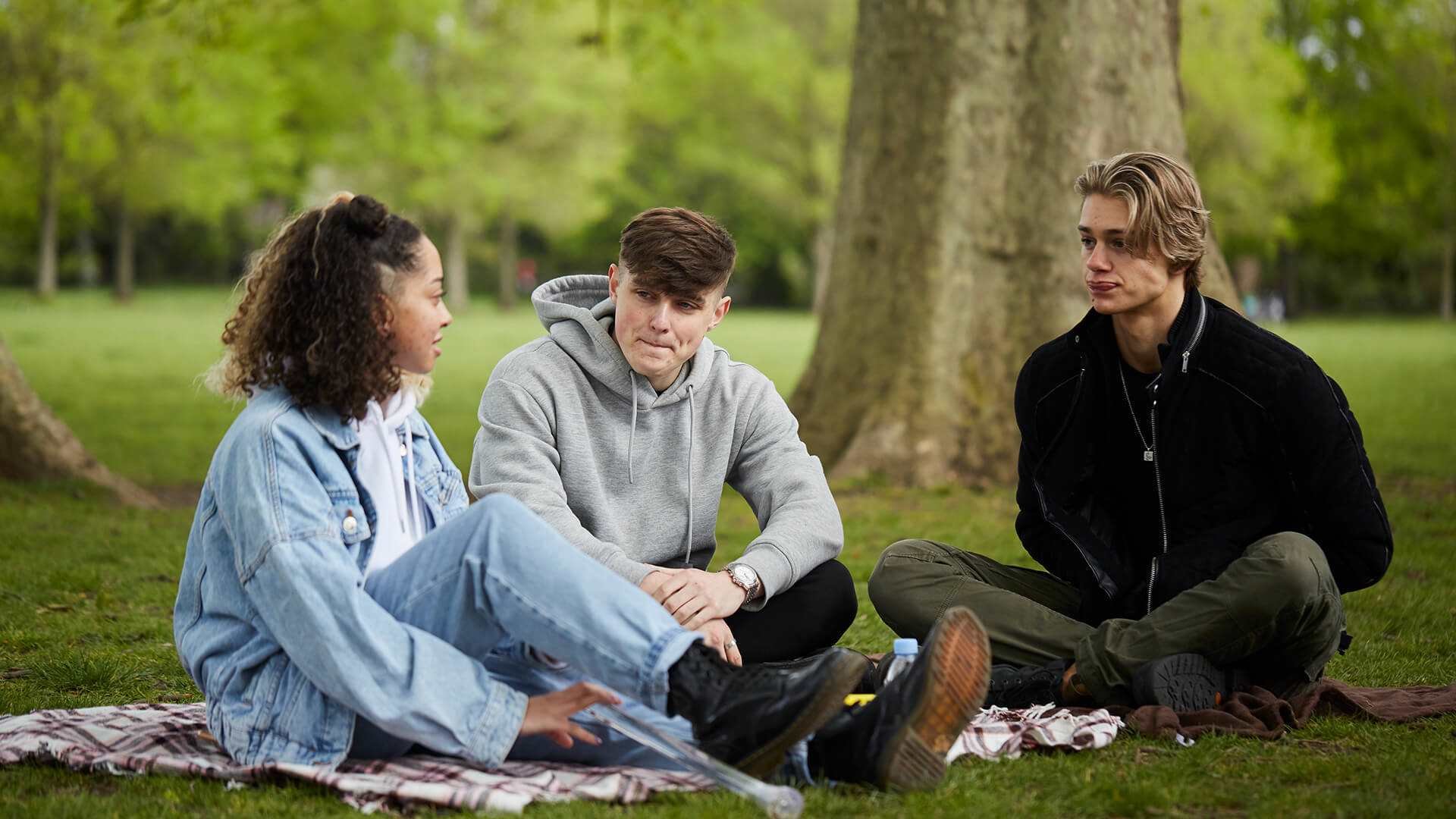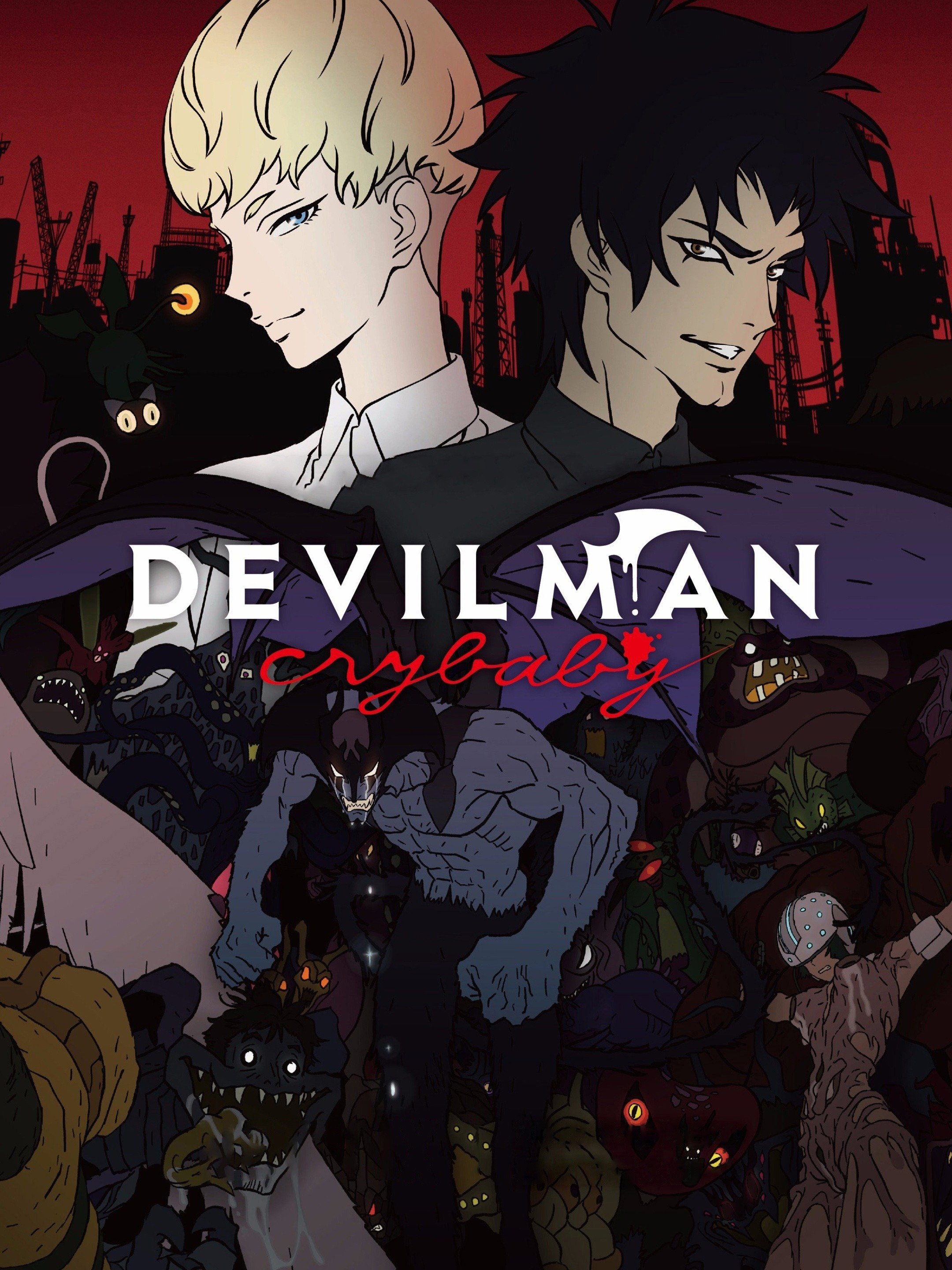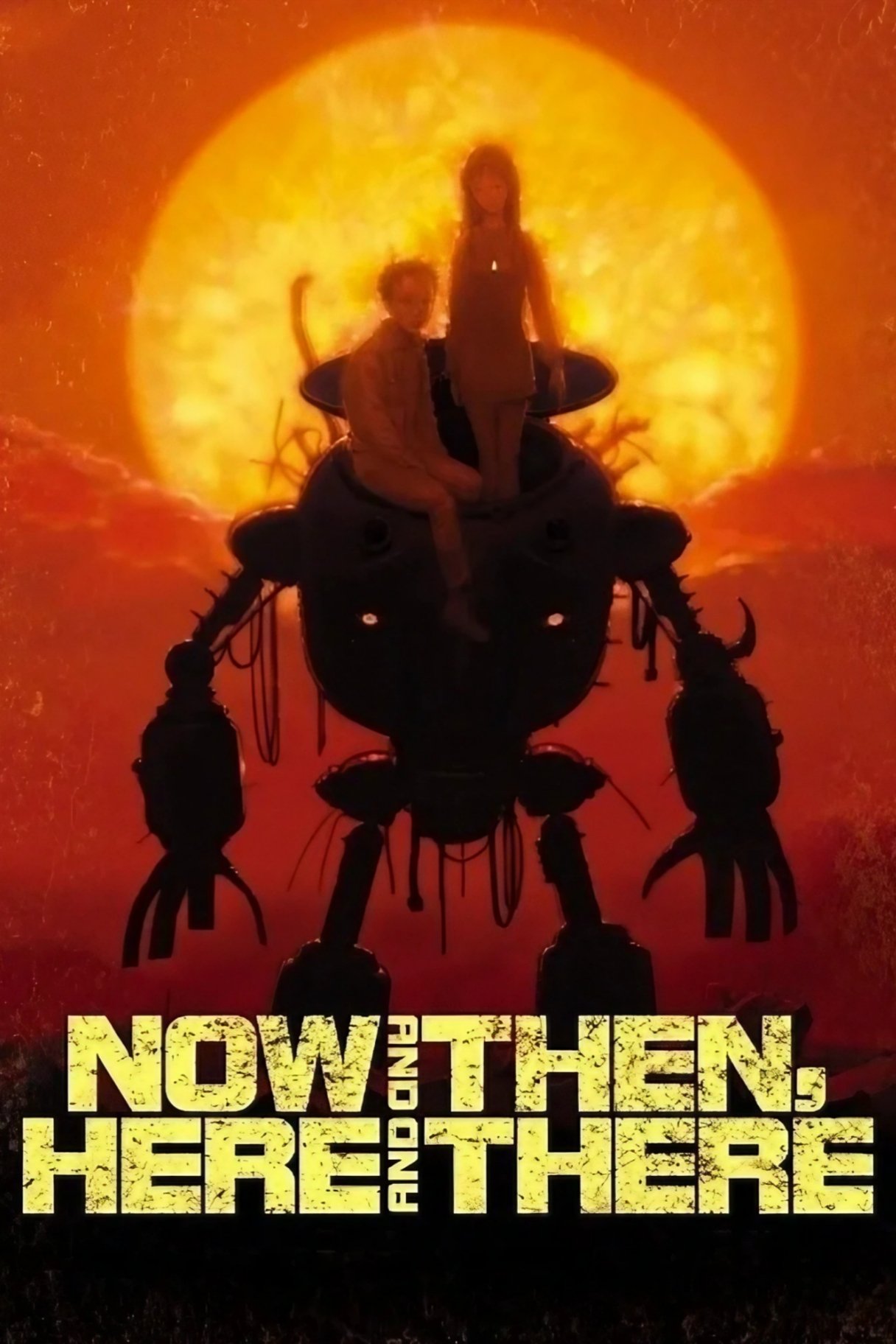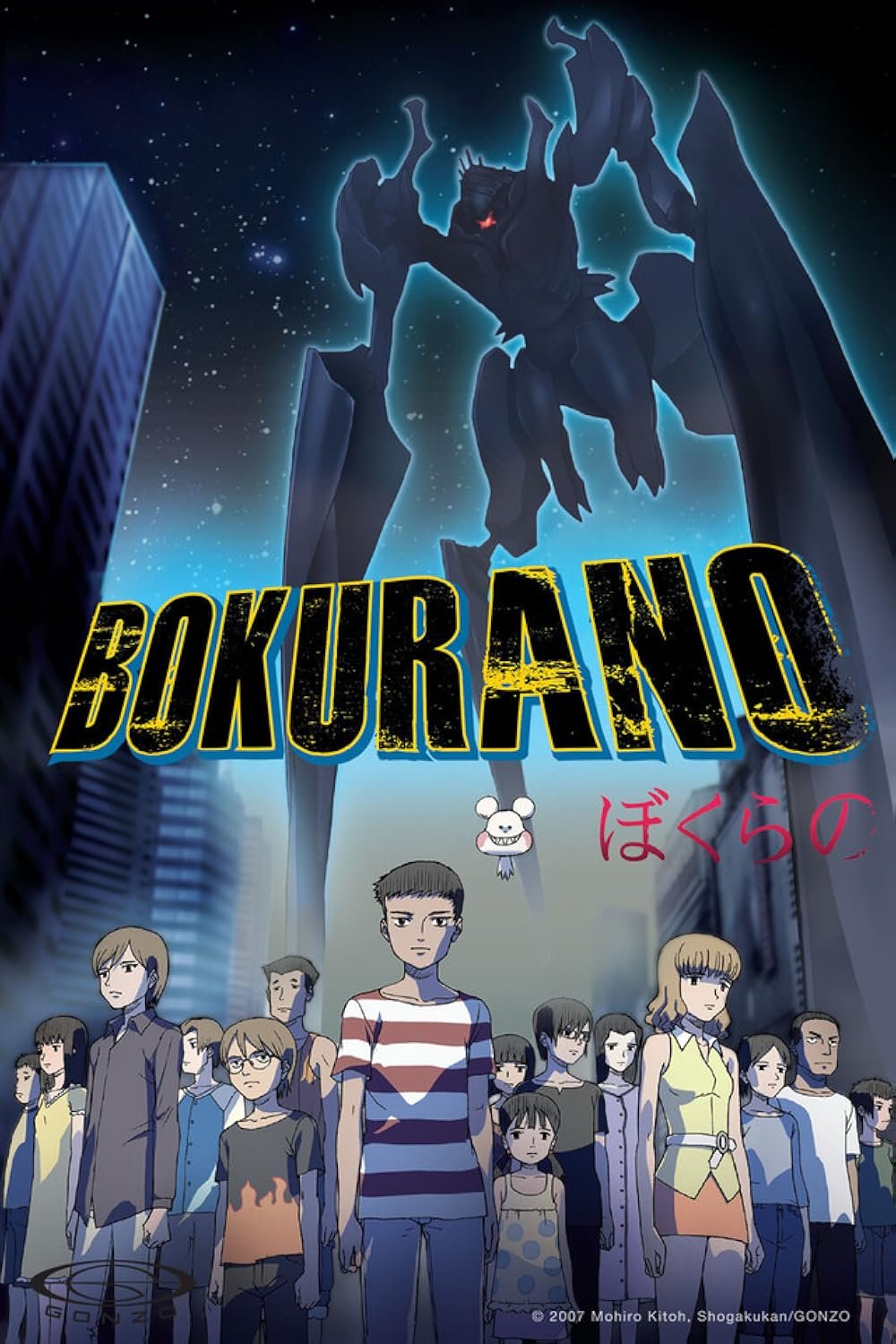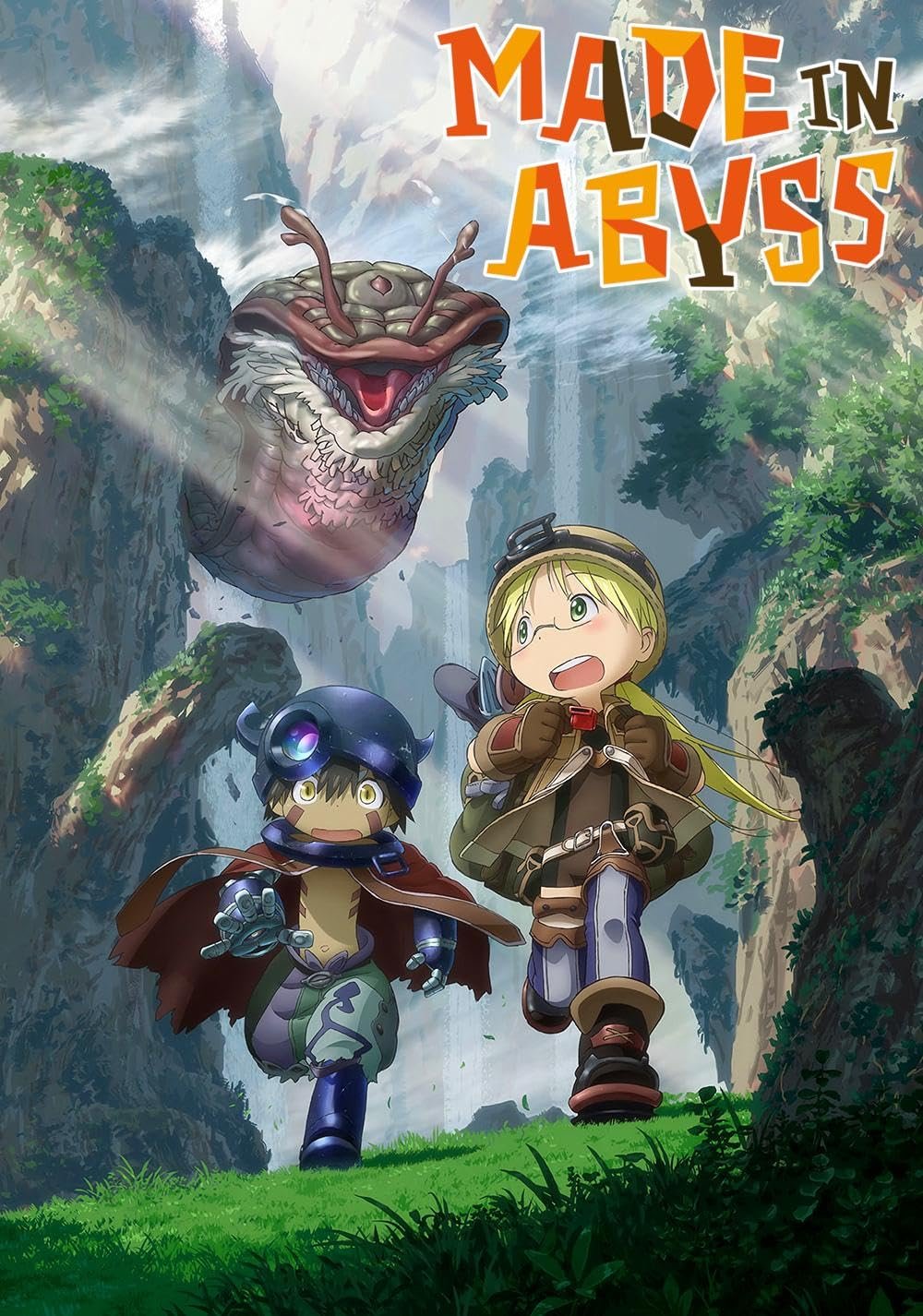These picks focus on stories that hit hard, linger and invite reflection. Each title blends loss, love, or war with character moments that feel personal. Order here weighs impact, consistency and how the emotions land over time, not only one big scene. Some entries are quiet, others are crushing, but all leave a mark that stays.
Expect a mix of classics and newer shows, from intimate slice of life to tragedy framed by fantasy. This ranking looks at themes, performances and storytelling choices that build empathy. If you are sensitive to topics like grief or trauma, consider reading a bit about each show first and pace your viewing with care.
#25 Orange
Orange centers on a group of friends who receive letters from their future selves asking them to protect a classmate. Its heart is simple friendship, the kind that can change a day and a life. The show treats isolation with gentleness and honesty and it reminds viewers how a small choice can matter more than we realize.
The letters device pushes the cast to speak up, check in and plan small acts of care. Moments of baseball practice, walks home and quiet talks carry the weight of regret and hope. It is less about time travel rules and more about showing up for someone who is hurting right now.
The pacing is calm, even slow, which lets the guilt and warmth breathe. When apologies land, they feel earned and when laughter returns, it comes with relief. Orange is not the heaviest title here, but its everyday kindnesses make the sad parts hit close.
By the end, the group’s promise to support one another becomes the spine of the story. The message is clear and grounded in teen life, that being present can shift an outcome. It asks viewers to check on friends and to speak feelings out loud before it is too late.
#24 Colorful
Colorful follows a soul given another chance in the body of a boy who tried to end his life. It is a film about second looks, about seeing a family’s cracks and a teen’s private pain. The tone stays quiet while it explores shame, empathy and repair and it avoids easy answers on purpose.
As the soul learns the boy’s habits and history, the film peels back secrets with care. Scenes at the dinner table and in the classroom carry heavy silence and small acts of grace feel huge. Colorful asks the viewer to sit with discomfort, then notice how compassion can start small.
The ending does not fix everything, which makes its hope feel real. What it offers is a chance to live with honesty and a plea to look again at people we think we know. That quiet choice is where its sadness and light meet.
#23 Rascal Does Not Dream of a Dreaming Girl
This film brings the TV series’ mix of teen life and “adolescent syndrome” to a sharp, emotional peak. It focuses on a relationship tested by time quirks and sacrifice, turning a fun premise into a genuine tearjerker. The core is not the rules but the bond between its leads, held together by stubborn care and fear.
The movie balances humor with real stakes. Each choice the characters make has a cost and every reset drags new guilt into view. It builds to scenes where love and consequences collide and it refuses to make pain tidy, which keeps the emotions credible.
Fans come for the banter, but they stay for the quiet hospital rooms and late night talks. The performances sell the stress of watching someone you care about fade from your life, a sadness that feels personal. It lands because it commits to the mess that sacrifice brings every time.
By the end, its mix of grief and gratitude lingers. The film shows how choosing someone can mean losing parts of yourself and how that paradox can still feel like love. The ache it leaves is steady, not loud and that is its lasting strength.
#22 Wolf Children
Wolf Children is about a mother raising two kids who are part wolf after tragedy strikes early. The story follows years of growth, scraped knees and life choices that split a family’s path. Its sadness is gentle, based on parenthood and letting go, not shock and it earns tears with lived-in detail and patience.
There are quiet triumphs, like planting a garden and surviving winter, that feel huge because of what they cost. Watching the mother hold both fear and pride as her children pick their future hits with truth. The film treats rural life and single parenting with respect, showing strain without pity or gloss.
The final acts are not about winning, they are about acceptance. Growing up means distance and love means giving space that hurts. That tension powers the film’s most moving scenes, where choice and care pull in different directions and both are right in their way.
#21 5 Centimeters per Second
This film studies long distance, missed timing and the drift that happens even when people try. The title points to the rate cherry blossoms fall, a metaphor for slow separation. Its sadness comes from everyday inertia, trains that arrive late and messages that stay unsent for too long.
Each chapter shows how paths split, then keep splitting. The visuals are precise and cold at times, matching the numbness that follows what-if memories. The film never punishes anyone, which makes the ache feel honest, not cruel or flashy.
The ending is about closure that may never arrive and how people carry old seasons forward. Viewers feel the weight of quiet choices, like staying put or moving on and both can hurt. It captures the kind of sadness that lives in routine without a scene-stealing twist.
Rewatching often deepens the sting because details foreshadow what could never work. That layering makes small gestures feel huge. The film trusts silence to say what words cannot and that restraint is its edge.
#20 Tokyo Magnitude 8.0
Two siblings are caught in a massive earthquake and must cross a broken city to get home. The show focuses on practical steps and human ties, treating disaster with a tone that feels grounded. Scenes of empty streets and hand-made shelters carry fear without leaning on spectacle for drama.
What hurts is the slow realization of what was lost. The series lets hope rise and fall with each checkpoint, each bridge crossed, each new stranger met. It highlights resilience while admitting that not every promise can be kept, which makes its final stretch hit hard.
Tokyo Magnitude 8.0 earns its tears with compassion for helpers, kids and families separated by chance. It remembers that small kindnesses keep people moving when the city stops. That attention to daily survival makes the grief feel real, not staged for effect.
#19 Violet Evergarden
Violet is a former child soldier who becomes a letter writer, trying to understand feelings she never had space to learn. Each episode pairs her with someone facing change and the letters turn private pain into shared words. The show’s craft, from music to animation, supports quiet scenes that breathe.
The sadness often comes from people saying what they should have said earlier. Goodbyes, birthdays and one final letter scene stand out as devastating. Violet’s growth is not fast and that is the point, healing arrives in small steps that feel earned.
War haunts the edges, but the focus is empathy in practice. By writing for others, Violet finds language for herself and that loop gives the show its heart. Its biggest moments work because they are rooted in listening, not speeches or twists.
It is an easy recommendation for viewers who want catharsis with craft. The series treats grief with respect and lets warmth return slowly. When it does, it feels like sunlight after rain, gentle and steady instead of sudden.
#18 Plastic Memories
Plastic Memories follows workers who retrieve androids with limited lifespans, often from families who love them. The premise sets up regular goodbyes and the show looks at attachment that comes with an end date. It asks whether love is worth it when loss is certain and its answer feels human.
Also Read
10 phrases that sound supportive but are actually a subtle sign of manipulation
Procedural episodes show different kinds of parting, from parents to partners to friends. The team’s job strains them as they keep saying farewell while trying to live normal lives. The contrast between daily work and private sorrow gives the series weight without melodrama for show.
The central romance is sweet and sad because time is not on their side. The show never hides that fact, which makes small joys feel precious. It is not perfect, but when it hits, the tears come quick and the questions stay with you.
#17 Banana Fish
Banana Fish is a crime drama about a gifted gang leader and a kind photographer caught in a brutal struggle. It deals with trauma, found family and a city that eats people who show weakness. The action thrills, but the bond at its center is what fans remember most.
The show refuses to look away from abuse and the cost of survival. Every victory comes with a price and every safe place is temporary. That constant threat sharpens the emotional beats until they feel inevitable. You hope anyway, which is what makes it hurt when it fails.
Also Read
10 Phrases That Sound Supportive But Are Actually a Subtle Sign of Manipulation
Conversations on rooftops and in quiet rooms give space to breathe between fights. Those scenes define the characters beyond the violence, which makes the outcomes carry real pain. Banana Fish is intense, but its tenderness is the part that lasts longer.
It stands out because it treats love as courage in a world built on fear. That choice gives the finale its power. The show leaves a silence that feels heavy, the kind you sit with after credits, not just during the climax.
#16 Devilman Crybaby
This adaptation turns a classic manga into a modern tragedy about fear, identity and mass panic. It starts wild and playful, then slides into apocalypse with a rhythm that feels relentless. The contrast makes the heartbreak land harder as hope erodes scene by scene.
The friendship at the center is the blade that cuts deepest. Choices rooted in love turn into the spark for ruin and the show commits to that path. Its final images are stark and unforgettable, the kind that leave you quiet after the noise is gone.
Also Read
People With Low Emotional Intelligence Often Miss These 6 Social Cues
The series is not for everyone, but it earns its place here because it treats despair as a mirror. It asks what fear turns people into and answers with scenes you cannot unsee. That boldness is part of its sadness, because warmth is still present under the ash.
#15 Puella Magi Madoka Magica
This show looks like a cute magical girl series, then reveals the debt behind each wish. It builds a system where hope is costly, then shows what that cost does to friends. The result is a tight story about sacrifice and fate that still surprises years later.
The turning points are carefully seeded, so when they arrive, they feel both shocking and right. Music, framing and abstract visuals sell the weight of despair. Yet it keeps a core of kindness, which makes the sad parts land with more force.
Characters struggle not just with enemies, but with the math of their own choices. The show gives them agency, then shows how limited it is. That tension drives a finale that feels huge while staying true to the rules it set early.
Also Read
8 Weird Habits You Don’t Realize You Have From Growing Up In A “We Can’t Afford It” Household
It is a landmark because it respects its audience. It trusts viewers to follow clues and to care. The tears here come from love meeting a system that will not bend, which is the tragedy at its heart and its point.
#14 Now and Then, Here and There
This series throws a cheerful boy into a war-torn world and never lets him look away. It deals with child soldiers, scarcity and power used without mercy. The result is harsh and focused, a story that earns its sadness through truthful harm rather than shocks for thrills.
What keeps it watchable is the lead’s stubborn belief in kindness. That light does not fix the world, but it changes moments and saves lives. The show finds meaning in small acts that defy cruelty and those acts are what you remember after.
By the end, it asks what hope means when systems break people on purpose. The answer is not simple, but it carries dignity. The grief here respects those who suffer and it makes victories feel hard won and fragile.
Also Read
10 Phrases That Sound Supportive But Are Actually A Subtle Sign Of Manipulation
#13 Saikano: She, the Ultimate Weapon
Saikano follows a teen couple torn apart by war when the girl becomes a living weapon. The premise sounds like action, but the story is about intimacy under strain. Letters and dates turn into rare gifts as bodies and cities break around them.
The show is rough in places, which fits its world. It captures the guilt of surviving and the fear of hurting those you love. Scenes of quiet apology and forced smiles carry more punch than any battle, which keeps the sadness close.
Its ending is bleak but consistent. It commits to the idea that love can be real and still lose. That honesty makes it hard to watch and harder to forget, a tragedy built from small moments more than spectacle or twists.
The series also asks what it means to be human when duty rewrites your body. That question hangs over every scene, giving the romance a ticking clock. It is painful, but it has a core of care that never fully leaves.
Also Read
8 Cringey Phrases Older Relatives Use at Family Dinners That Younger Guests Dread
#12 Bokurano
Kids are tricked into piloting a giant robot to defend Earth and each fight has a personal cost. Bokurano treats responsibility as a burden that children carry because adults failed. Its sadness comes from unfair deals and the bravery found in small, final choices made alone.
Episodes focus on one pilot at a time, letting viewers see their life before the fight. That structure makes outcomes hit harder, since we know what is at stake. The show keeps asking whether victory is still victory if the price is too high.
It is not flashy, but it is heavy. The series respects every kid it follows, even when they are messy or scared. That respect gives the grief weight and it keeps the story from feeling empty or cruel for its own sake only.
#11 Made in Abyss
A child explorer and her companion descend into a vast, deadly pit to find answers. The deeper they go, the harsher the rules become. The series mixes wonder with body horror and loss and it warns viewers early that the price of curiosity is steep and real.
